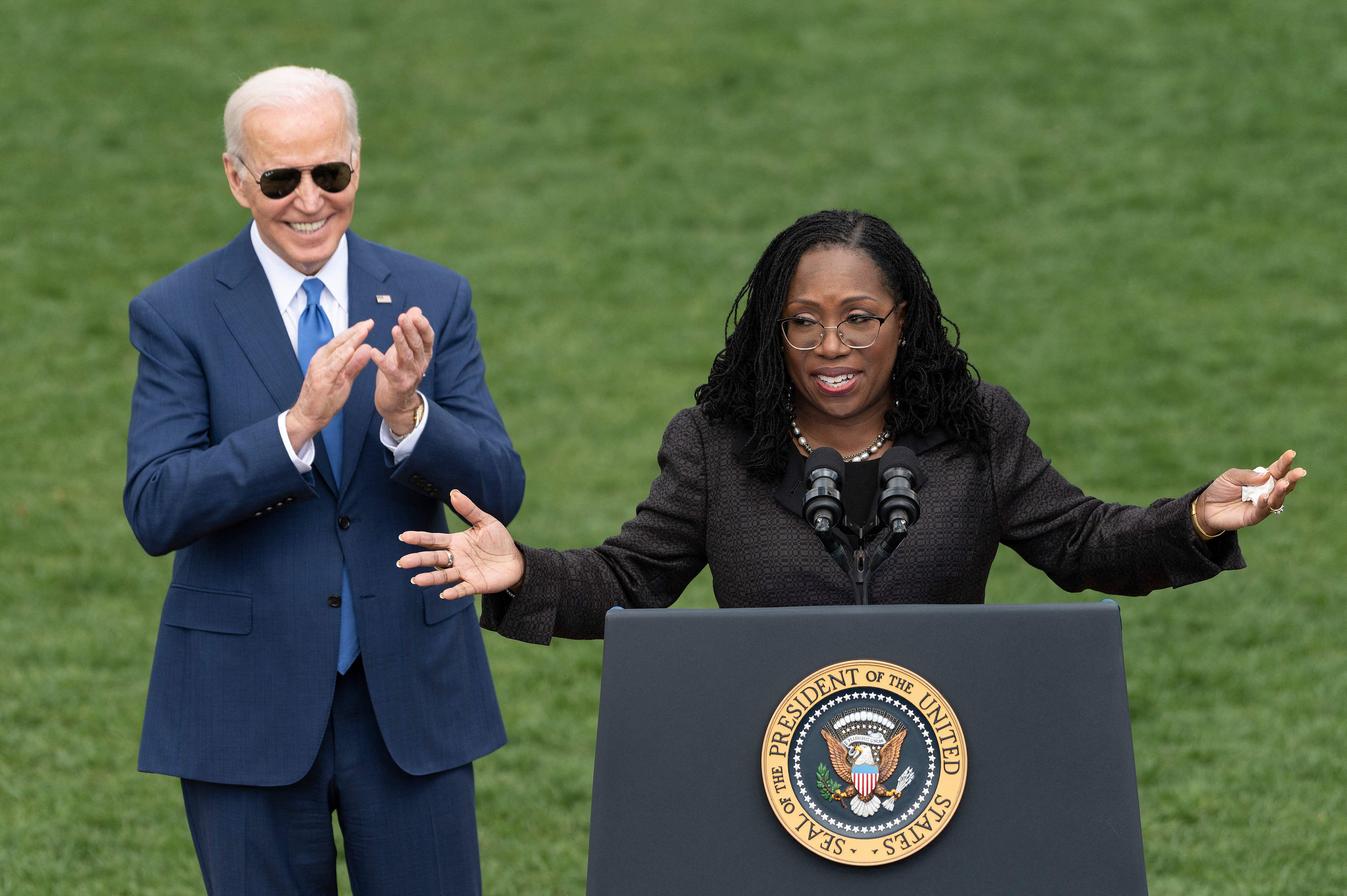Mexico will choose its next president on Sunday and there is every indication the country will elect its first woman leader.
More than 100 million Mexican voters will go to the polls in the largest elections in the country’s history. In the presidential race, they will have to choose between three candidates, but two women have taken the lead.
"According to every poll, yes or yes, Mexico will have a female president," said Francisco de la Torre Galindo, the Consul General of Mexico in Dallas.
WHO ARE THE CANDIDATES IN MEXICO'S PRESIDENTIAL ELECTION?
Get top local stories in Philly delivered to you every morning. >Sign up for NBC Philadelphia's News Headlines newsletter.
Former Mexico City Mayor Claudia Sheinbaum, 61, has maintained a comfortable double-digit lead in polls for months. She promises to be a continuation of populist leader Andrés Manuel López Obrador and is backed by his ruling Morena party. Trained as a scientist, Sheinbaum has had to walk a fine line to carve out her own image while highlighting her connection to López Obrador, though she lacks the charisma that attracted many to her political ally.

Xóchitl Gálvez, 61, an opposition senator and tech entrepreneur, represents a coalition of parties that have had little historically to unite them other than their recent opposition to López Obrador. Gálvez is a fierce critic of the outgoing president who doesn't shy away from verbal sparring, but who hasn't appeared to ignite much fervor for her Strength and Heart for Mexico coalition.

The third candidate is little-known Jorge Álvarez Máynez, a former federal congressman from the Citizen Movement party. He has focused on trying to scoop up the young vote, but has not gotten much traction. Máynez has trailed far behind both women in the polls.

It's not the first time Mexico has had female candidates for the top office, but it is the first time in history their candidacies are truly competitive.
U.S. & World
Stories that affect your life across the U.S. and around the world.
Political analyst Edgar Ortiz says in the last 15 years there has been a great push for gender equality in Mexican politics. Ortiz says in Mexico, political parties now require that at least 50% of their candidates are women.
Both frontrunners Sheinbaum and Gálvez have promised to address high rates of gender-based violence and gender disparities if they win.
THE NEXT PRESIDENT OF MEXICO COULD IMPACT TEXAS
The new president will have to deal with critical issues like immigration, the border wall, firearms that flow from the U.S. to Mexico and fentanyl that flows from Mexico into the U.S.
"I think at the end of the day the bi-national relationship as a whole is at such low point, not the lowest that’s ever been, but at such a low point that all you can do is go up from there," said Rice University's Dr. Tony Payan.
The next president of Mexico could potentially impact Texas, Mexico's No. 1 trade partner.
"Many people don't know that of all the trade between Mexico and the United States, 33% is the trade between Texas and Mexico, more than half a million jobs rely on the trade with Mexico in Texas, more than 150,000 jobs are created by Mexican investors in Texas," said de la Torre Galindo.
"The next administration in Mexico is going to have to find a way to rapprochement, not only with Washington but also with Austin in such a way that there is strong collaboration for the benefit of both," said Payan.
MEXICO'S NEXT LEADER ALSO FACES CHALLENGES AT HOME
In Mexico, Sheinbaum or Gálvez will face major challenges, including -- poverty, organized crime and a crumbling health system.
The hope for many is that a woman in power will finally address issues that Mexican society has faced for decades such as violence against women and gender discrimination.
"Mexico is ready, absolutely ready to have a female president," said de la Torre Galindo.
The winner of the highly anticipated presidential election will serve a six-year term.
While most eyes are on the presidential race, Mexicans will also vote for 128 senators, 500 congressional representatives and for nearly 20,000 local government positions.



